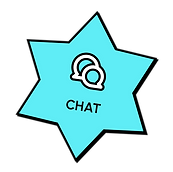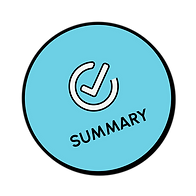Is TikTok the new textbook?
- Raylene

- Nov 20, 2025
- 2 min read

Let’s be real, textbooks can sometimes feel like ancient scrolls written to test your attention span more than your knowledge. But open TikTok, and suddenly you’ve learned more in ten minutes than you did in an entire lecture. We’ve all gone down a ‘quick 5-minute TikTok break’ that somehow turned into a 2-hour crash course in everything from psychology to pasta-making. But here’s the twist: sometimes, we actually learn something.
Tiktok has somehow turned into the most unexpected classroom ever. It consists of a phenomenon called “Edutainment”.
The term “Edutainment” is a combination of education and entertainment. It basically means using entertainment methods to teach educational content.
But the cool part is that education platforms are learning from TikTok’s success. TikTok may have started as a platform to express one’s dancing skills on trends and lip-sync battles, but it's slowly making its way in not just entertainment but also educating users with content that is more than dance, with science theories, challenges to solve math problems, users explaining different driving rules, developments in politics, just anything and everything under the sun.
Tiktokers also use hashtags like #StudyTok or #EduTok when they create educational content. Users create fun and exciting content to explain intense topics, that not just boosts their own engagement but also actually makes a lot of sense. The attention span of a viewer is actually increased. Instead of zoning out after two pages of text, you’re hooked by storytelling, humor, and emotion. The thing is, it works. Our brains love short, visual content. Psychologists say we retain information better when it’s presented in small, engaging bursts, exactly what TikTok does best.
I mean….why read a dry paragraph about supply and demand when a creator can demonstrate it using cookies and dramatic sound effects?
The real question arises whether one should believe everything that is said on TikTok or how much one should believe. Because, let's be real, not everything is true, and based on real facts. The app is a goldmine of creativity, but not always of credibility. That’s where balance comes in. TikTok can spark your curiosity, but real learning comes when you follow up, research more, and cross-check what you’ve seen. Think of it as a starter pack for curiosity, not the full textbook. In a way, TikTok is teaching us more than what’s in the curriculum. It’s showing that learning doesn’t have to be formal to be effective. It can be funny and relatable.
Education isn’t just in classrooms anymore, it’s in our pockets, on our screens, and in 60-second videos.
So maybe TikTok doesn't teach you everything in the syllabus. But it does teach how to stay curious and challenge your attention span for a textbook. And honestly? That’s a lesson every textbook could learn.













Comments